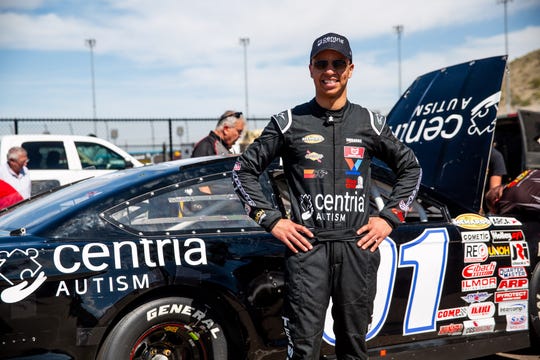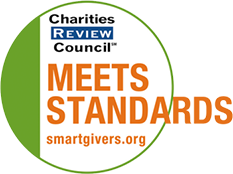by Stephanie Kocer
Share
by Stephanie Kocer
Share

NASCAR Driver With Autism Celebrates First Top 10 Finish
Williams is sponsored by Centria Autism of Farming Hills, Michigan, a leading national provider of applied behavioral analysis therapy for children with autism. Williams hopes his strides in NASCAR can inspire others with autism. The organization and Williams have a shared goal of creating better outcomes for children with autism. Williams’ care features the blue puzzle piece that has become an international symbol for autism awareness.
“Just because you have autism doesn’t mean you can’t do amazing things in this world,” Williams told Disability Scoop.
Williams has wanted to be a NASCAR driver his whole life. He hopes to race more in the ARCA Series and eventually the Truck Series, and then, the Cup Series. On top of his emerging racing career, Williams is also studying mechanical engineering at Oakland University near Detroit.
“Just as long as you put in the hard work, just as long as you have the right support system and you believe in yourself in what you want to do in life and be successful at, many things will be possible,” Williams said.
STAY IN THE LOOP








